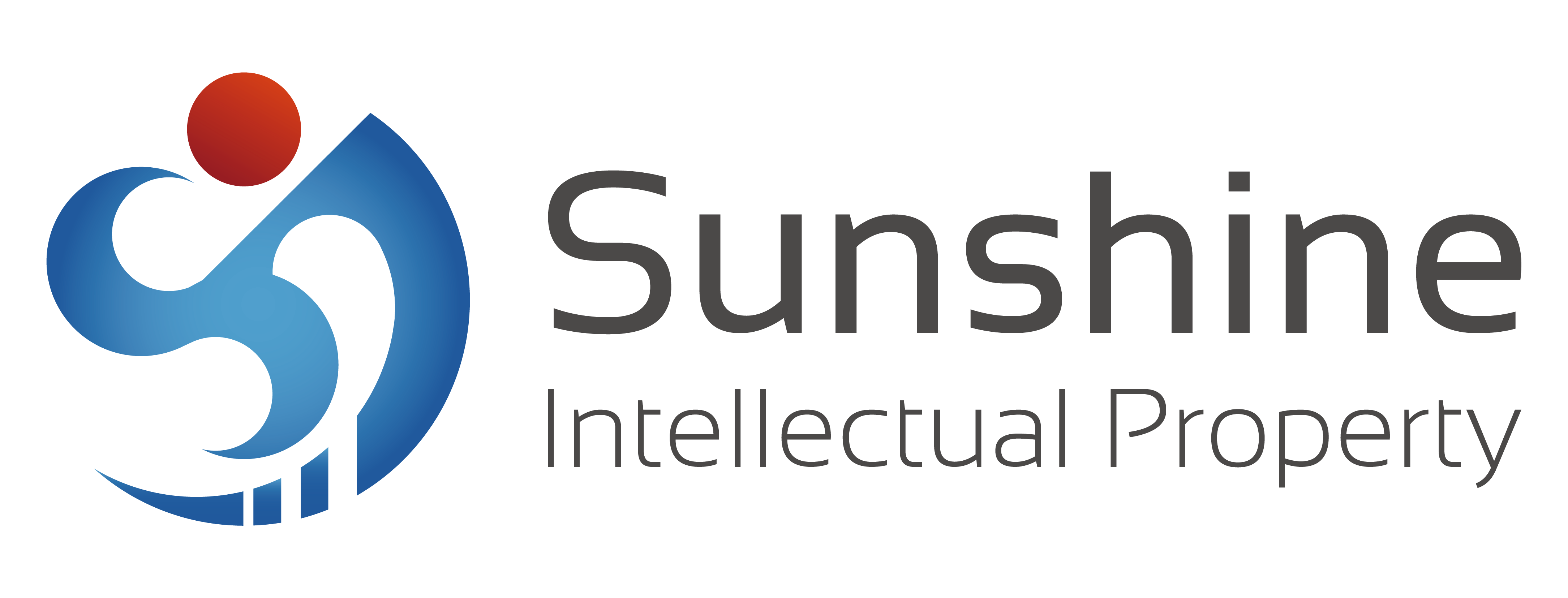Guangdong Beary Foodstuff Co., Ltd. was registered for establishment with Dongguan Administration for Industry and Commerce on November 08, 2012. Its legal representative is Weihong XU, and its business scope covers the production of foodstuffs, the production and sales of food additives, and the import and export of goods, etc.
Background of the Case:
The team of lawyers represented the invalidation applicant Guangdong Beary Foodstuff Co., Ltd., which requested the invalidation of the patents "Acidic oil-in-water emulsified liquid seasoning-201110455564.0" and "Acidic liquid seasoning containing sesame seeds-201180023904.0" in their entirety of the patentee KEWPIE Co.,Ltd..
No. 561926 Invalidation Decision held that the patent in question was invalid in its entirety for lack of inventiveness. The Invalidation Decision held that the mechanism of the technical solutions of the patent in question was unclear, and the technical means and technical effects were very close to those of the closest prior art, the difference only lies in the use of different parameters for qualification, and that the experimental data recorded in the patent in question was not sufficient to prove that its technical effects were related to the qualification of the different parameters it used, so it could not bring about outstanding substantive features and significant progress to the patent in question.
No. 563,598 Invalidation Decision held that, apart from the technical solutions recorded in the embodiments of the patent in question, a person skilled in the art could not anticipate that in any of the liquid seasoning compositions outlined in the claims, any of the aroma components of liquid seasoning extracted and determined by a specific method would be capable of solving the technical problems stated in the patent in question, and of achieving the technical effects stated in the patent in question. The technical solutions outlined in the claims of the patent in question contain speculative contents, and their effects are difficult to be determined and evaluated in advance, which is beyond the scope of the disclosure of the specification.
Difficulties and Solutions:
There are two difficulties in this case:
Firstly, how to deal with complex parameter qualification cases. Both cases involve the field of seasoning. The patents in question use a number of parameters to qualify the seasoning, and these parameters are the patentee's custom parameters, such as the ratio of chromatographic peak area, etc.. The prior art does not disclose the range of values for relevant parameters. If we simply use the idea of inventive evaluation, the retrieval will be very highly difficult.
Secondly, how to make the grounds not related to “novelty, inventiveness and practical applicability” work with those related to “novelty, inventiveness and practical applicability”. As it is difficult to find evidence of the range of the patentee's custom parameters in the prior art in the case, how to make the grounds not related to “novelty, inventiveness and practical applicability” work with those related to “novelty, inventiveness and practical applicability”, and use the grounds not related to “novelty, inventiveness and practical applicability” to make the panel accept that the complex parameters adopted by the patents in question did not contribute to the solution of the technical problems of the patents in question is the key and difficult point for the invalidation grounds to be accepted by the panel.
Lawyer Meihua ZHOU led the team to break through the difficult points in the case handling process one by one:
Firstly, Lawyer Meihua ZHOU's team deeply analyzed the experimental data of the patents in question, found the problems with the experimental data of the patents in question, and pointed out that the experimental data of the patents in question could not prove that the solution of the technical problems of the patents in question depended on the selection of the custom parameters by the patents in question, and that a person skilled in the art has no way of knowing how these custom parameters affect the technical effect of the invention, and that the technical solutions outlined in the claims of the patents in question contain speculative content, and its effect is difficult to be determined and evaluated in advance, which is beyond the scope of disclosure in the specification. This viewpoint was eventually supported by the panel.
Secondly, Lawyer Meihua ZHOU's team found a prior art very close to the patents in question through research with the greatest efforts, and made the difference between the patents in question and the closest prior art only lie in the complex parameters customized by the patentee. The qualification of these complex parameters is not supported by the specification, so in the evaluation of the grounds related to “novelty, inventiveness and practical applicability”, such as those related to inventiveness, we can make the grounds not related to “novelty, inventiveness and practical applicability” work together with those related to “novelty, inventiveness and practical applicability”, so that the invalidation grounds become a tight logical closed loop, which can greatly improve the possibility of invalidation reasons accepted by the panel.
Highlights and Significance:
The highlights of the two cases, both of which relate to the field of seasoning, are that they clarify that for technical solutions with unclear mechanisms, which technical means or parameters will affect the technical effect of the invention and need to be judged strictly on the basis of information actually verified in the specification. If the invention is very close to the closest prior art in terms of technical means and effect, and the difference lies only in the use of different parameters for qualification, or further qualification of technical means conventionally employed in the field, it often fails to bring about outstanding substantive features and significant progress to the invention. In addition, for claims of parameter qualification, parameters that adequately characterize the product's properties should be selected. If the scope generalized by the custom parameters contains speculative content whose effects are difficult to determine and evaluate in advance, such a generalization should be considered to be outside the scope of the disclosure of the specification.

